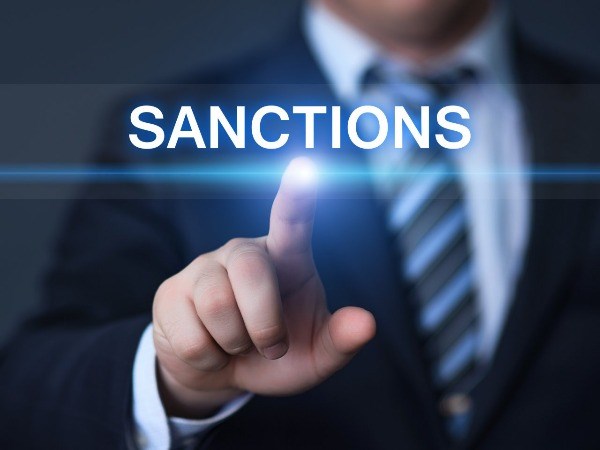Russia joins in sanctions against Iran
Rosneft has decided not to participate in the oil extraction projects in Iran that were announced last year, anticipating $30 billion in investments and the production of 55 million tons of oil per year.
The strategic projects concerning a range of oil and gas deposits that were put on the road map and signed at the end of last year have now been put on the shelf due to US sanctions, Vedomosti reports, citing senior managers in the Russian state company.
According to one of the managers, negotiations were stopped in summer, when it became clear that American sanctions would be unavoidable. The sanctions restrict Iran’s ability to sell hydrocarbons, and entail punishment for any foreign investors in the Iranian oil and gas sector.
The sanctions were imposed on November 6. Despite the fact that Iran’s key clients were given concessions which allowed them continue to buy Iranian oil for half a year, the extraction volumes in the Islamic republic have plummeted.
In November, Iran lost 379,000 barrels of its annual extraction, roughly 11% of its capacity, and for the year, the drop has reached 23%, or 900,000 barrels per day.
One of the reasons for Rosneft’s withdrawal from Iran was a change in the company’s strategy, one source noted.
After spending nearly $15 million on procurements and investments, from Bashneft to Venezuela, Rosneft found itself with a net debt of $40 billion. When a deal to resell a privatized state share package to China fell through, the company became “hostage” to the Qatar fund QIA, which agreed to retain the shares in exchange for Rosneft reducing its expenses and debt.
US sanctions on Iran have already caused the French company Total to withdraw from the country, despite being part of the consortium to develop South Pars, the largest natural gas field in the world.
In Autumn, Total’s 50.1% share was bought by the Chinese company CNPC. However, the latter stopped investing in the project in November.
At the start of November, Zarubezhneft also ended its operations in Iran, selling the operator of the Iranian projects, ZN-Vostok, to a company belonging to the Ministry of Energy, Promsyrioimport.
All the Russian oil companies that intended to operate in Iran have thus now called off negotiations.
“We have a contract that is nearly ready, and we will finish it now, but there will probably be no signing until the restrictions are lifted,” said Vagit Alekperov, CEO of Lukoil, in November. Gazprom Neft and Tatneft are retaining their interest in Iranian projects, but are investigating how sanctions affect the situation, senior managers of both companies said at the end of November.
